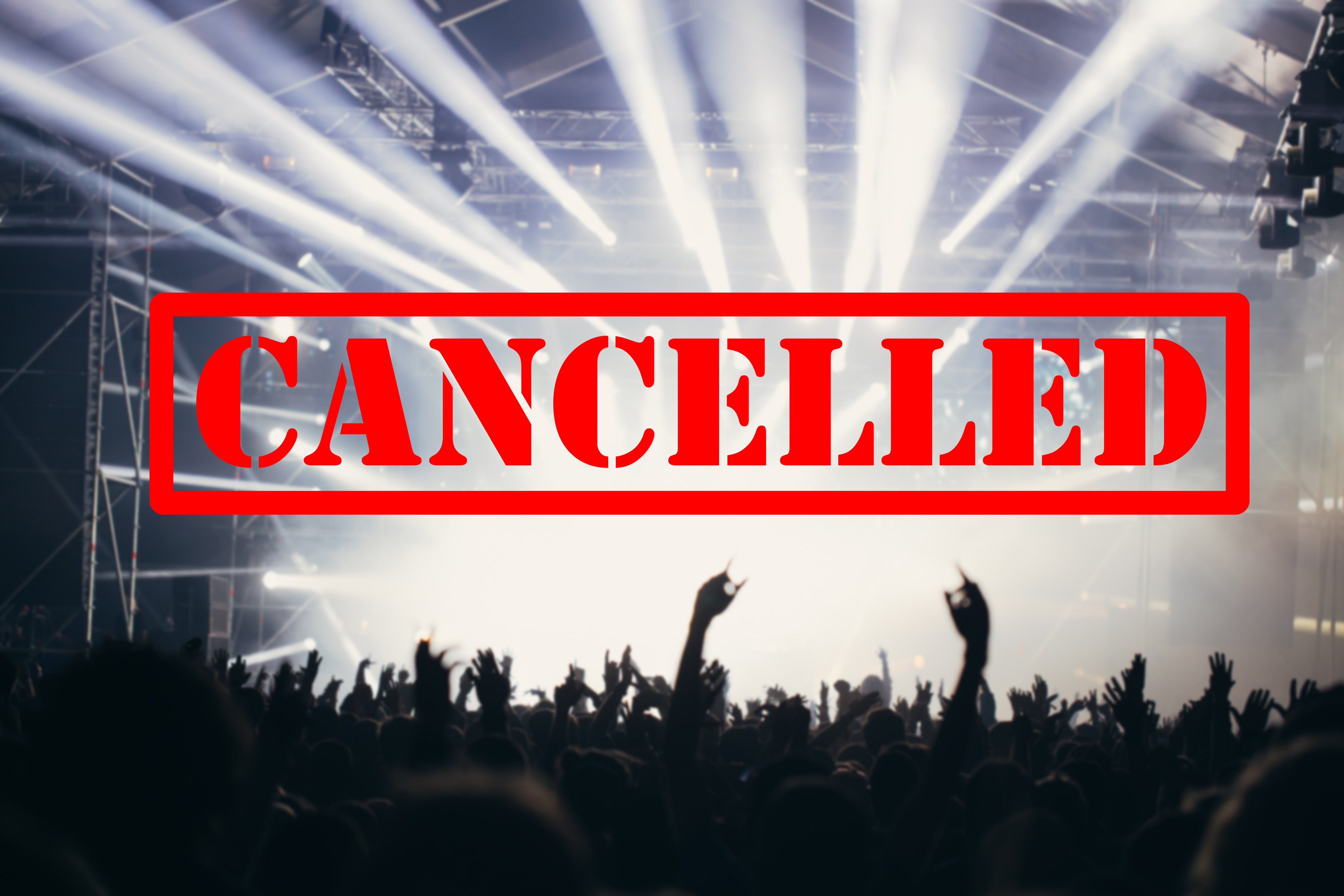Event Cancellation Insurance Market Showing New Signs of Vitality

Many event organizers purchase insurance to make them whole in case an event must be cancelled or postponed. Event cancellation insurance protects the financial interests of the organizers and has long been an essential risk management tool. The event cancellation insurance market nearly collapsed in 2020—there were simply no events to insure. But the market is now showing new signs of vitality as more live events are scheduled and the sector prepares for post-pandemic operations.
As live events rebound, organizers – from one-of charity event planners to global concert and sporting promoters – should take the opportunity to rethink their risk management strategies and insurance-buying practices. Well-managed companies with effective risk management programs have done best during the two years of the pandemic. Any company that organizes events should be working with a broker that specializes in event cancellation insurance to assure they are getting appropriate coverage tailored to their specific needs at a price based on their actual exposures.
The Negative Impact COVID had on Event Cancellation Insurance
Event cancellation insurance is one type of “contingency insurance” – a wide range of insurance products that fall outside of the more familiar property, marine, casualty, and financial services coverages offered by most insurers. Many of these products – such as non-appearance, event cancellation, and prize indemnity coverages – provide protection to organizers for events ranging from amateur golf tournaments to massive music festivals with hundreds of thousands of attendees. Policies insure against unexpected loss resulting from cancellation, abandonment, interruption, or postponement of a scheduled event. The loss must be an “occurrence” beyond the control of the insured.
Cancelled festivals, concerts, conventions, and sporting events resulting from lockdowns and limitations on public gatherings could have produced massive aggregate event cancellation insurance losses. Most cancellation policies, however, exclude losses arising from communicable disease. While the coverage could often be added for an additional premium, prior to COVID the probability of a global pandemic seemed remote, and most insureds did not buy protection. The insurance industry paid some claims to the big name/global brand/top tier/conglomerate insureds with bespoke policies but dodged many bullets while thousands of independent event sponsors and organizers were left holding the bag.
The combined impact of higher losses and reduced capacity triggered a hard market for event cancellation insurance and other types of contingency insurance. Rates quickly shot up as much as 400 percent, depending on carrier and coverage, with most accounts seeing increases between 200 and 300 percent. Policy terms tightened and underwriting criteria became more stringent. Higher premiums, larger deductibles, tighter policy terms, and a revitalized events sector are now attracting new capacity to the market, and policyholders should begin to benefit soon from a more competitive marketplace.
Buying Event Cancellation Insurance from a Specialist
A specialist is best equipped to navigate a rapidly changing marketplace and advise clients as to where to find appropriate coverage at favorable terms. A knowledgeable broker also will thoroughly understand how policy terms are changing, the implications of those changes, and how to tailor coverage to meet the specific needs of the client, and their commitments/contracts, in a highly dynamic market. An event cancellation insurance expert also has personal relationships with underwriters and can negotiate directly with decision-makers for the benefit of the buyer. This accelerates turnaround time and helps assure that the client has the best coverage at the most favorable price.
Unlike most generalist agents and brokers, a good event cancellation insurance broker has a founded understanding of financial statements and can advise their clients on policy limits and pricing based on expected losses and expenses under a variety of scenarios and outcomes. For example, the expected margin from an event is an important underwriting and pricing consideration since the margin is often what is being insured. However, without a good understanding of event accounting conventions and the implications of various assumptions underlying pro forma financial projections, the broker may not be prepared to effectively represent their client in underwriting discussions and pricing negotiations.
The Event Cancellation Insurance Market is Regaining its Footing
The pandemic was the biggest challenge ever to hit the event cancellation insurance market. Some observers expressed concern that the market had suffered irreparable damage and that the line of business needs to fundamentally change. But now, the event insurance market is rebounding, and the future looks bright for event cancellation coverage. It may take a while for rates and policy provisions to return to pre-pandemic levels – and it is unlikely that communicable disease coverage will be readily available for the foreseeable future – but large programs are being placed. A chastened, but still robust, event cancellation insurance market is doing its part to assure that events industry regains its footing and resumes its important education, networking, and entertainment roles.

Michael McCarroll is The Plexus Groupe’s Senior Vice President for Sports and Entertainment.
McCarroll can be reached by calling 213-425-8000.
